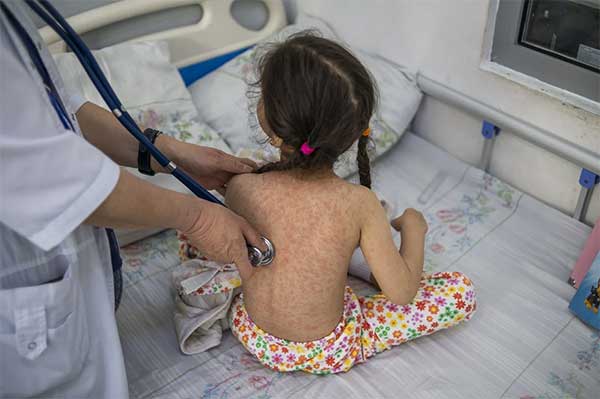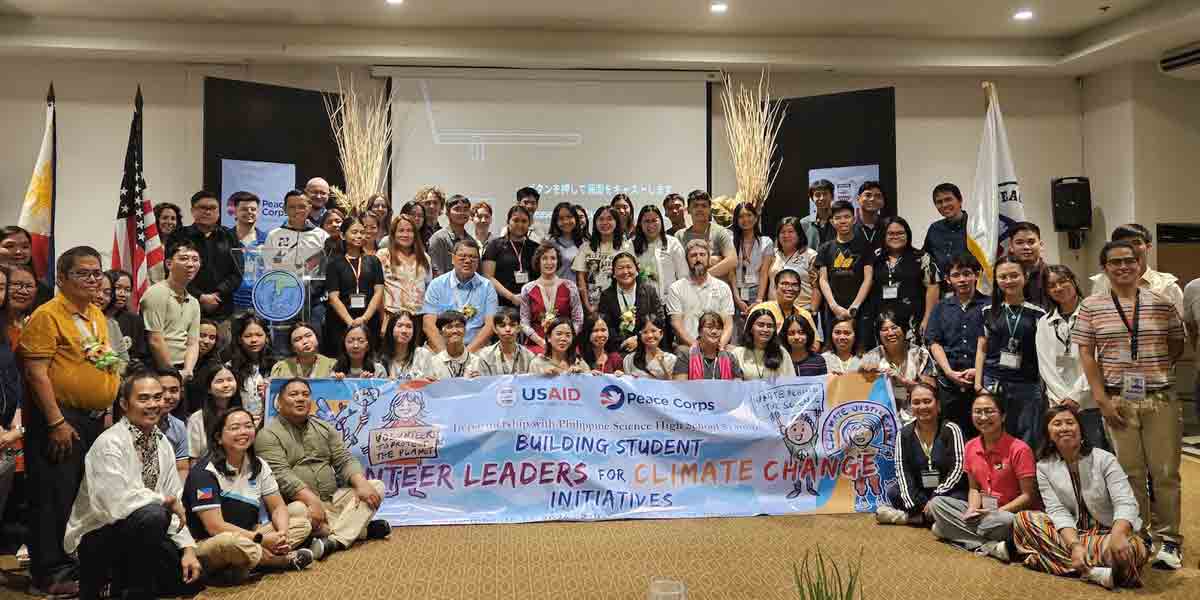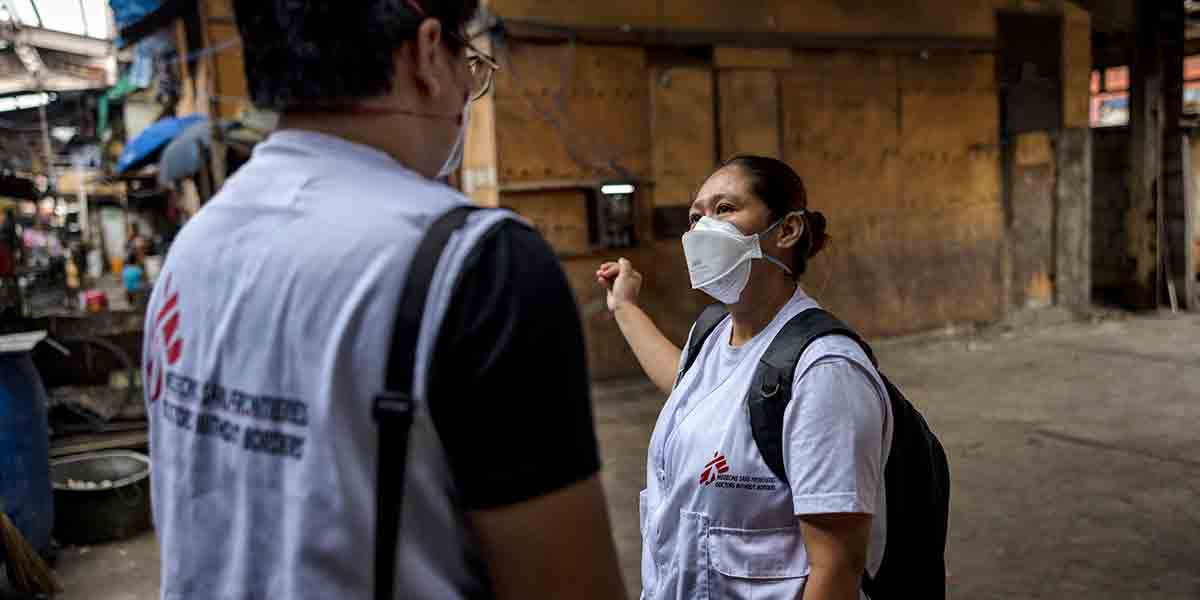
Global measles cases surged to an estimated 10.3 million in 2023, marking a 20% increase from the previous year, according to the World Health Organization (WHO) and the U.S. Centers for Disease Control and Prevention (CDC).
This alarming rise is attributed to inadequate immunization coverage, with more than 22 million children missing their first dose of the measles vaccine in 2023.
Worldwide, only 83% of children received their first dose of the measles vaccine last year, and just 74% received the critical second dose.
To prevent outbreaks, WHO recommends a vaccination coverage of at least 95% for two doses in every country and community.
“Measles vaccine has saved more lives than any other vaccine in the past 50 years,” said WHO Director-General Dr. Tedros Adhanom Ghebreyesus.
“To save even more lives and stop this deadly virus from harming the most vulnerable, we must invest in immunization for every person, no matter where they live,” he added.
CDC Director Mandy Cohen emphasized the vaccine’s importance, stating, “The measles vaccine is our best protection against the virus, and we must continue to invest in efforts to increase access.”
In 2023, 57 countries, representing nearly all regions except the Americas, experienced large or disruptive outbreaks, a sharp rise from 36 countries in 2022.
The WHO African region was the most severely affected, accounting for nearly half of all major outbreaks globally.
Measles claimed an estimated 107,500 lives in 2023, primarily children under five, highlighting the human cost of vaccine gaps.
Although this reflects an 8% decrease in deaths from the previous year—largely due to improved health systems in some regions—far too many children are still dying from this preventable disease.
Even for those who survive, measles can lead to serious complications, including blindness, pneumonia, and encephalitis, with infants and young children being the most vulnerable.
The resurgence of measles outbreaks threatens the global elimination goal outlined in Immunization Agenda 2030.
By the end of 2023, 82 countries had achieved or maintained measles elimination, including Brazil, which was reverified this week as measles-free, restoring the WHO Americas Region’s status of being free from endemic measles.
However, WHO warned that urgent action is needed in regions like Africa, the Eastern Mediterranean, and fragile, conflict-affected areas to vaccinate all children fully with two doses of the vaccine.
This requires strengthening routine immunization programs, conducting high-quality vaccination campaigns, and bolstering disease surveillance through networks like the Global Measles Rubella Laboratory Network (GMRLN).
“Strong disease surveillance is critical to optimizing immunization programs and detecting and responding rapidly to measles outbreaks,” the WHO noted in its report.
As measles cases rise, global health leaders stress the urgency of coordinated efforts to ensure that vaccines reach the world’s most vulnerable children and communities.



















